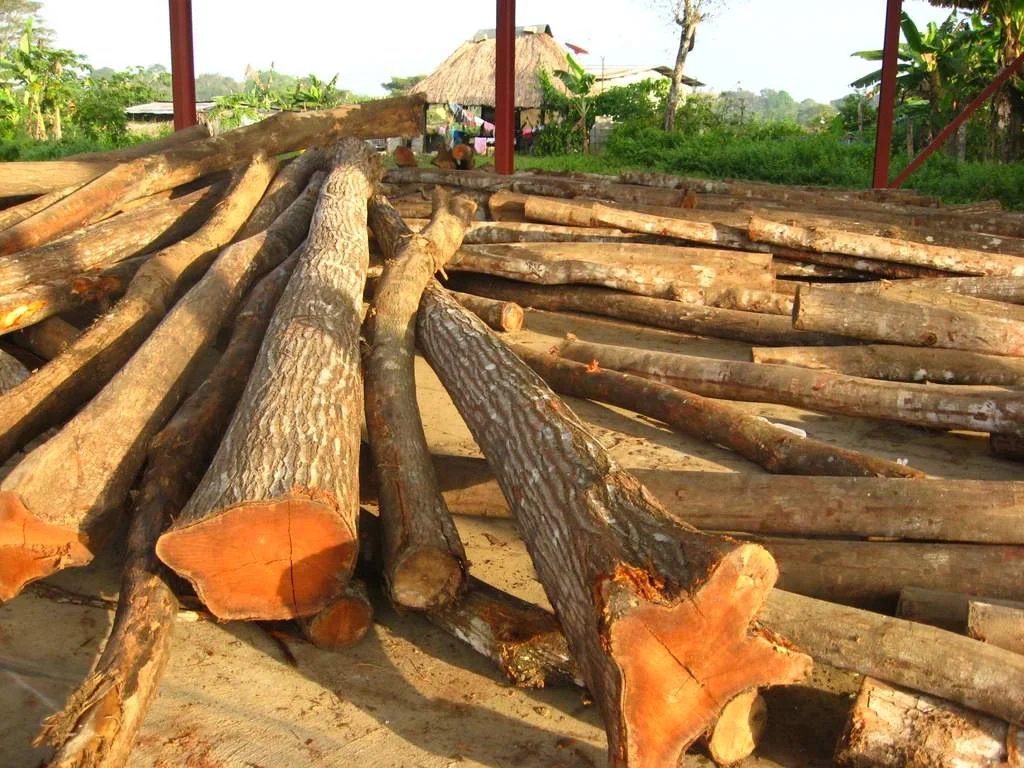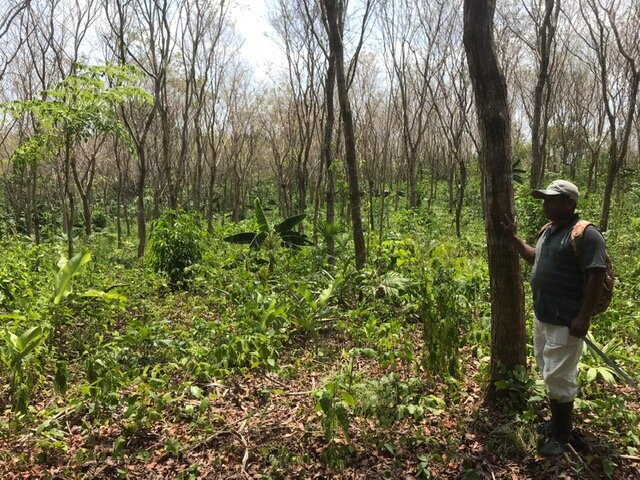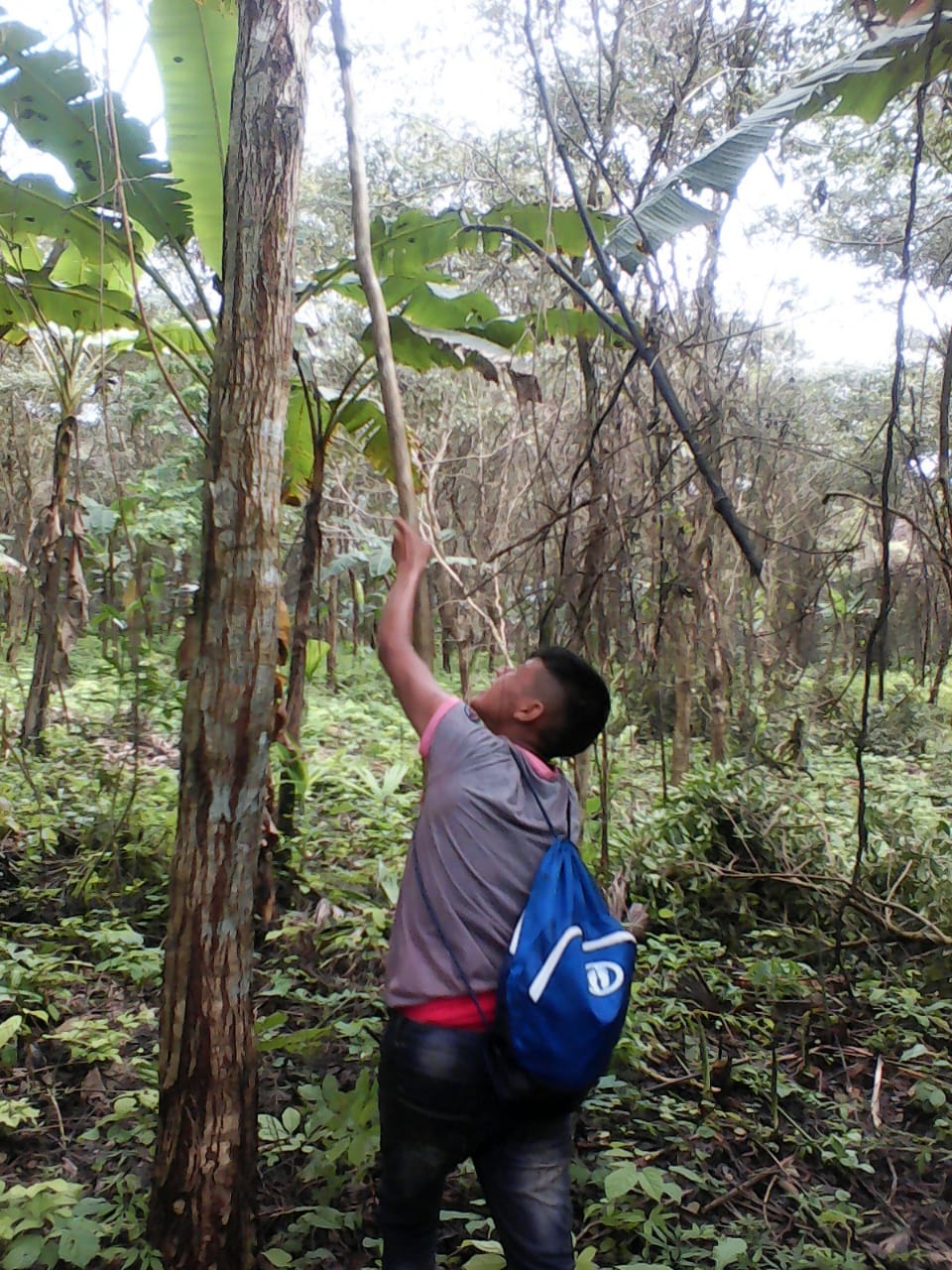5 Priorities for Panama's new Environment Ministry
/Last week Panamanian President Juan Carlos Varela signed into the law the existence of the Environment Ministry, formerly the National Environment Authority (ANAM). This move signals that environmental issues will receive more consideration as Panama's political agenda develops.
Mirei Endara, the head of the new ministry, outlined five priority areas in a recent interview:
1. Changing the Ministry's procedures to be more efficient and transparent, looking specifically at technology investments. This would include an analysis of the Ministry's environmental impact study framework to identify areas of improvement.
2. Stimulating eco-tourism in protected areas. Tourism in general has been growing in Panama over the past few years, but this has contributed to over-development in sensitive environmental areas.
3. The Alliance to Reforest 1 million hectares of trees over the next 20 years. Announced several months ago, this initiative could mean more incentives for smallholder farmers to plant trees on their deforested land.
4. Addressing climate change by promoting low-carbon development.
5. Water, including better management of watersheds, increasing access to clean water in rural areas, and better information and monitoring systems. This would start with a baseline inventory of all the water systems in Panama to understand their quality and integrity, though it's not certain that would extend all the way out into the types of rural villages where we work.
We'll be watching and reporting out on these items as we see new developments.









































